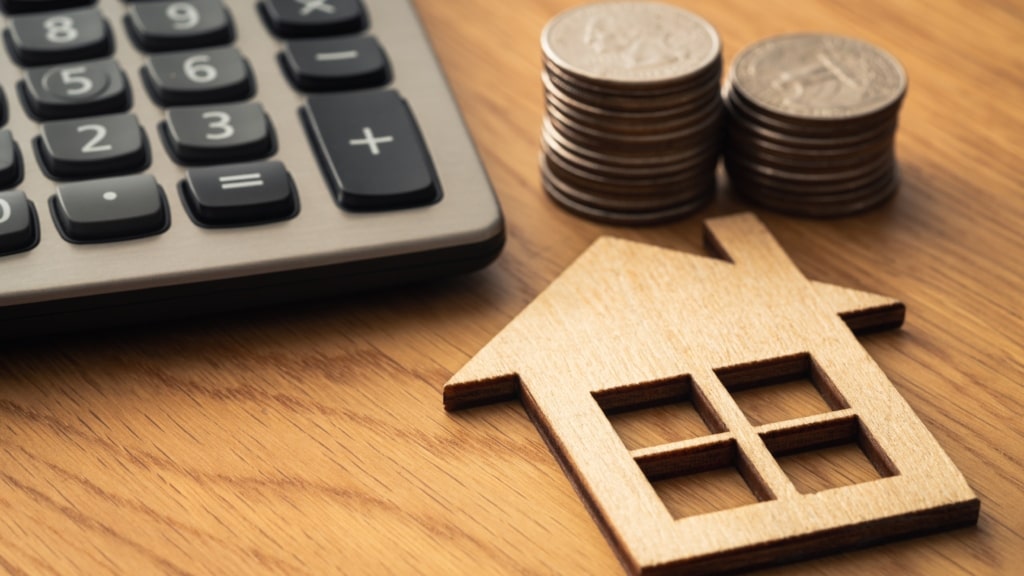If you’re planning to sell your home or refinance your mortgage, a property appraisal is one of the most critical steps in the process. A professional property appraisal objectively estimates your home’s market value—vital for homeowners and buyers alike. Whether you aim to maximise your sale price or ensure your property is priced competitively in today’s market, knowing what affects your home’s appraisal value is essential.
In this in-depth guide, we’ll explore a property appraisal, how it works in the UK, how long it takes, what factors influence the valuation, and how to increase your property’s worth. You’ll be better equipped to prepare your home and potentially improve the outcome by the end.
What Is a Property Appraisal?
A property appraisal is a formal assessment carried out by a qualified professional to determine the present market value of a residential or commercial property. A RICS (Royal Institution of Chartered Surveyors) accredited surveyor or valuation expert often conducts this in the UK.
It differs from an estate agent’s valuation, which may be a quick estimate to help you list your property. An appraisal is more detailed and considers the property’s condition, location, recent comparable sales, market trends, and more.
Appraisals are commonly required by mortgage lenders, potential buyers, investors, and solicitors. The valuation report helps guide lending decisions and supports negotiations during a property transaction.
How Long Does a Property Appraisal Take in the UK?
On average, a property appraisal takes five to seven days from start to finish. Here’s a breakdown:
- Scheduling and Initial Research (1-2 Days): After the appraisal is booked, the valuer may begin background research on your home and comparable properties in your area.
- On-Site Inspection (1 Day): The appraiser will visit your property for a detailed inspection. Depending on the property’s size and complexity, this can take anywhere from 30 minutes to 2 hours.
- Report Compilation and Delivery (2-4 Days): Once the inspection is complete, the appraiser will write a comprehensive report and submit it to the lender, buyer, or homeowner.
So, while the visit may be brief, receiving an official appraisal report typically takes about a week.
What Does a Property Appraiser Look For?
 Unlock your home’s full market potential
Unlock your home’s full market potential
A property appraiser evaluates multiple factors that affect your home’s value. These include:
- Structural Integrity: The overall condition of walls, roof, plumbing, electrics, and foundation.
- Property Size refers to the internal floor space and land size (especially relevant for detached and semi-detached homes).
- Layout and Functionality: Does the home have a logical, desirable layout? Open-plan kitchens and en-suite bathrooms often add value.
- Location and Neighbourhood: Proximity to good schools, transport links, green spaces, and local amenities.
- Kerb Appeal: First impressions matter—well-kept exteriors, gardens, and driveways can positively influence the value.
- Modernisation and Upgrades: Updated kitchens, bathrooms, heating systems, double glazing, and energy efficiency features (like solar panels) typically increase value.
- Local Market Trends: Prices of recently sold comparable homes in your postcode will heavily influence your appraisal.
How to Prepare for a Property Appraisal: Step-by-Step
Preparation is key to boosting your home’s value before an appraisal. Here are practical steps to take:
1. Tidy and Clean Thoroughly
- Deep clean floors, windows, and kitchens
- Eliminate clutter from surfaces and rooms.
- Remove any odours (pets, smoking, damp)
2. Carry Out Minor Repairs
- Fix leaky taps or loose tiles.
- Repaint worn or stained walls.
- Replace damaged skirting boards or cracked plaster.
3. Enhance Curb Appeal
- Trim hedges and mow the lawn.
- Clean gutters and pathways
- Add potted works or a fresh coat of paint to the front door.
4. Highlight Upgrades
Prepare a document listing all recent renovations or upgrades (with receipts, if possible) for the appraiser’s reference.
5. Provide Property Documentation
Make available any building permits, warranties, EPC certificates, or planning permissions relevant to the property.
What Does a Property Appraisal Report Include?
The final report is typically 8-15 pages and features:
- Property address and legal description
- Market overview and comparable properties
- Photos and diagrams
- Floorplans and square footage
- Assumptions and limitations
- Final market valuation
This report is shared with mortgage lenders, estate agents, or solicitors to guide decisions on financing, listing price, or conveyancing.
Common Reasons for Low Appraisals
Sometimes, the appraisal comes in below expectations. Common causes include:
- Outdated or poorly maintained property
- Overpricing compared to similar homes nearby
- Slowing market conditions
- Lack of recent comparable sales
- Undocumented extensions or renovations
Can You Challenge a Low Appraisal?
Yes, but it must be done professionally. Here are your options:
- Request a Review: Ask the appraiser or lender to reassess the report.
- Submit Comparable Evidence: Provide sales data from similar homes recently sold for higher prices.
- Get a Second Opinion: Hire an independent RICS surveyor to conduct another valuation.
- Make Targeted Improvements: Invest in key upgrades and reappraise later.
Always ensure your asking price reflects local demand and current conditions.
How Property Appraisals Affect Home Sales and Mortgages
 Discover what your home is truly worth today
Discover what your home is truly worth today
A higher appraisal means a better chance of selling your property at or above the asking cost. It also strengthens your negotiating position and boosts buyer confidence.
The lender uses the appraisal for mortgage applicants to determine how much they’re willing to lend. If the valuation is low, you may need to reduce your asking price or renegotiate the loan terms.
Conclusion
A professional property appraisal gives you a powerful tool in the buying or selling process. By understanding how it works, preparing your home accordingly, and knowing what factors affect your valuation, you stand to gain more from your property transaction.
Even small changes can yield significant returns. From a fresh coat of paint to a manicured garden, every effort counts. Being informed, proactive, and realistic is the best way to ensure your appraisal aligns with your goals.
Ready to discover your home’s actual value?
Fill out your details for a free, no-obligation valuation with The Property Buyers UK today and take the first confident step toward a successful sale.
Frequently Asked Questions
What is the difference between a property valuation and an appraisal?
An inspection is a formal report prepared by a qualified surveyor, while a valuation may be a quicker estimate by an estate agent.
How accurate is a property appraisal?
It’s usually highly accurate and based on factual, comparative data and a physical inspection.
Do I have to accept the appraisal value?
No. You can challenge it or get a second opinion, but it helps to have evidence.
How can I increase my property’s appraisal value?
Improve kerb appeal, make repairs, modernise the kitchen or bathroom, and ensure your property is spotless and well-presented.
Who pays for a property appraisal in the UK?
Typically, the buyer or mortgage applicant pays unless otherwise agreed.


 Unlock your home’s full market potential
Unlock your home’s full market potential Discover what your home is truly worth today
Discover what your home is truly worth today






